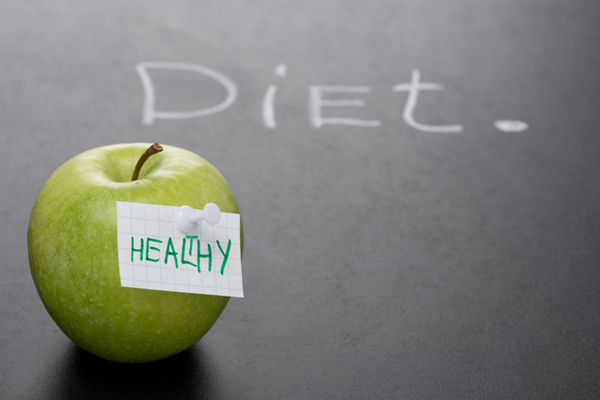
What Diet Risks Are There?
Whenever you change your eating habits, especially when you diet, there are some risks to you. Sounds silly in some ways, but too little food then creates more issues. Likewise, cutting corners with pills creates other problems.
So What Risks Are There With Dieting?
Well, obviously you can restrict your eating to much or too little and then you'll either lose too much weight or gain weight.
Discover the risks involved with changing your eating habits and then you can determine whether or not you can achieve the results for weight loss that you want to achieve. Whether it's a diet plan or exercise regime that you decide to embark upon, get the facts before you jump in with both feet.
What Can Happen to Your Body?
If you decide to take slimming pills or begin that fasting dieting plan, then if it's not right for you because it doesn't meet your individual lifestyle requirements, or medically you shouldn't be taking the pills, then you may find that you'll do your body more harm than good.
Obesity can be associated with various health problems from high blood pressure to diabetes, but there are also other associated issues that you may not even be aware of.
Rather than us giving you our thoughts and advice, if you're overweight and want to lose a few pounds (or a lot) the first port of call needs to be your GP to get sound medical advice and also check your vitals before you start anything.
Long term effects of some diet plans, such as the Atkins Diet, are yet to be determined. So finding out what risks might be involved may not be that simple!
What About More Exercise?
Ok so we all hear how exercise is the key to losing weight and maintaining a healthy lifestyle and weight balance. Excessive exercise whilst your following a low calorie diet can be hugely detrimental to your health. You'll quickly find that you have an energy deficit which in turn will make you feel more fatigued than invigorated.
What Other Potential Issues are There?
Did you know that just switching to a low carb diet can leave you feeling tired and nauseous?
People suffering from heart disease are probably aware that eating too much fatty food could lead to further complications, but how do you know you have heart disease in the first place?
Those with diabetes should be careful when trying to lose weight as certain diets can prove to be highly dangerous. Eating to many carbs is an obvious problem as these can influence blood sugar levels.
So Just Eat Less?
Eating too little in an attempt to reduce your weight can lead to excessive weight loss which is predominantly water loss and loss of your lean muscle. This can effect your metabolism, meaning in the long run it makes it more difficult to lose weight. In fact, when you revert to a more regular diet, the weight usually piles back on due to your lower metabolism. This therefore defeats the purpose of dieting in the first place.
What's The Answer?
Above all else, you need to know where you are starting from. Do you have a heart condition or an illness that will be affected by dieting? Once you have seen a doctor or go sound advice, you can then consider the next part.
Establish realistic targets. Ambitious targets may give you an amazing goal, but as you will undoubtedly not meet the target, this ensures you become disheartened at the slow progress and ditch the new found love of dieting and more exercise.
In short, some 'diets' are highly effective at helping you to achieve excellent weight loss results whilst others can be more detrimental to your health as they offer poor eating advice and they lack sufficient nutrients.
If you don't have a well balanced or nutritional diet plan, you may develop not only illnesses and conditions such as heart disease, heart attacks, strokes and diabetes but also you will suffer from nutrient deficiency diseases such as anaemia (lack of vitamin A), osteoporosis (lack of calcium) and scurvy (lack of vitamin C).
You may also be interested in...
Health Risks from Being Overweight
Read up about the health and medical risks of not losing weight. From the stress on your body to implications on future slimming we detail the essentials for you.Can You Eat To Diet?
Find out more about how healthy eating can help your diet. From the balance in foods, the portion sizes and organic vs frozen.Eating Disorders Relating to Weight Loss
Did you know that eating disorders can be related to weight loss regimes and to the practice of dieting. Get a quick rundown on what that means.Can Natural Weight Loss Work?
Find out whether natural weight loss works with our advice and tips. If you don't want to go down the prescription or surgery route, read onThe Risks of Dieting
Discover how a healthy diet can help change your life. There are also risks to dieting and we outline just a few to ensure you have all the facts!
